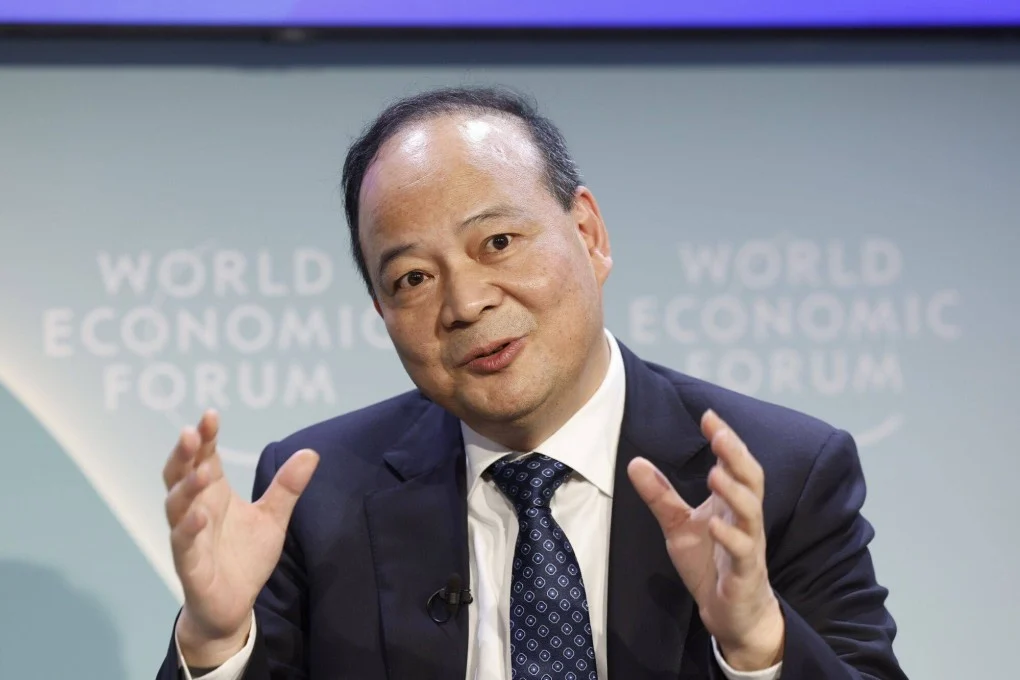In a bold statement that has sparked considerable debate, Robin Zeng, the chairman of Contemporary Amperex Technology Co. Ltd. (CATL), the world's largest electric vehicle (EV) battery maker, criticized Elon Musk’s ambitious 4680 cylindrical battery technology, calling it “going to fail and never be successful.” Zeng’s remarks to Reuters came after a heated discussion during Musk’s visit to China in April. According to Zeng, Musk had no solid response when confronted with his concerns about the 4680 battery, which is central to Tesla’s plans for its upcoming models, including the Cybertruck.
The 4680 cells, which Tesla refers to as “tabless,” are designed to improve energy capacity significantly, with claims that they will offer "five times" the energy density compared to traditional cells. Tesla had announced in September that it had produced 100 million of these cells, marking a significant milestone. However, Zeng, who oversees a company that supplies batteries to major automakers worldwide, including Tesla in China and Ford in North America, expressed skepticism about the technology’s potential for mass success. According to him, Tesla’s approach to the 4680 is flawed, particularly in terms of execution and manufacturing.
Zeng’s critique of Musk’s battery technology goes beyond just the technical challenges. He highlighted the issue of overpromising, which Musk has been known for, especially in relation to ambitious timelines. Zeng pointed out that Musk often promises overly optimistic deadlines, such as the two-year target for achieving breakthroughs in Full Self-Driving technology, when more realistic projections could span five years or more. Zeng’s criticism centers on the fact that Musk's habit of setting aggressive goals may drive his teams, but it often leads to unmet expectations.
At the same time, Zeng, whose company dominates the global EV battery market, expressed admiration for Musk’s abilities in other areas, particularly in software, chips, and hardware. However, he remains unconvinced that the 4680 battery technology will be able to achieve the efficiency and scalability that Tesla is banking on. His comments are particularly significant as CATL, which specializes in lithium iron phosphate (LFP) batteries, plays a critical role in the EV battery landscape. While LFP batteries do not provide the same range as Tesla's cylindrical cells, they are often considered more cost-effective and safer, making them a popular choice for many EV manufacturers worldwide.
Tesla's decision to invest heavily in the 4680 cells is a key part of Musk’s strategy to reduce battery costs and make electric vehicles more affordable. However, the company faces several challenges, including overcoming production hurdles and achieving economies of scale. The pressure is mounting for Tesla’s battery team to meet Musk’s end-of-year deadline for resolving these issues, as reported by The Information. While the 4680 cell’s potential to revolutionize the industry is still up for debate, Zeng’s remarks suggest that it may face significant hurdles in meeting its lofty goals.
The differing views of Zeng and Musk highlight the growing tension within the electric vehicle industry, where battery technology is seen as the linchpin of future EV development. While Tesla’s innovation and bold vision continue to drive progress, Zeng’s remarks serve as a reminder that even the most ambitious projects may face significant resistance, particularly when they involve overcoming deeply ingrained technological challenges. As the EV market continues to evolve, it will be interesting to see whether the 4680 cells can live up to Musk's expectations or if Zeng’s skepticism proves to be more accurate.
THEVERGE
Read More






 Saturday, 24-01-26
Saturday, 24-01-26







